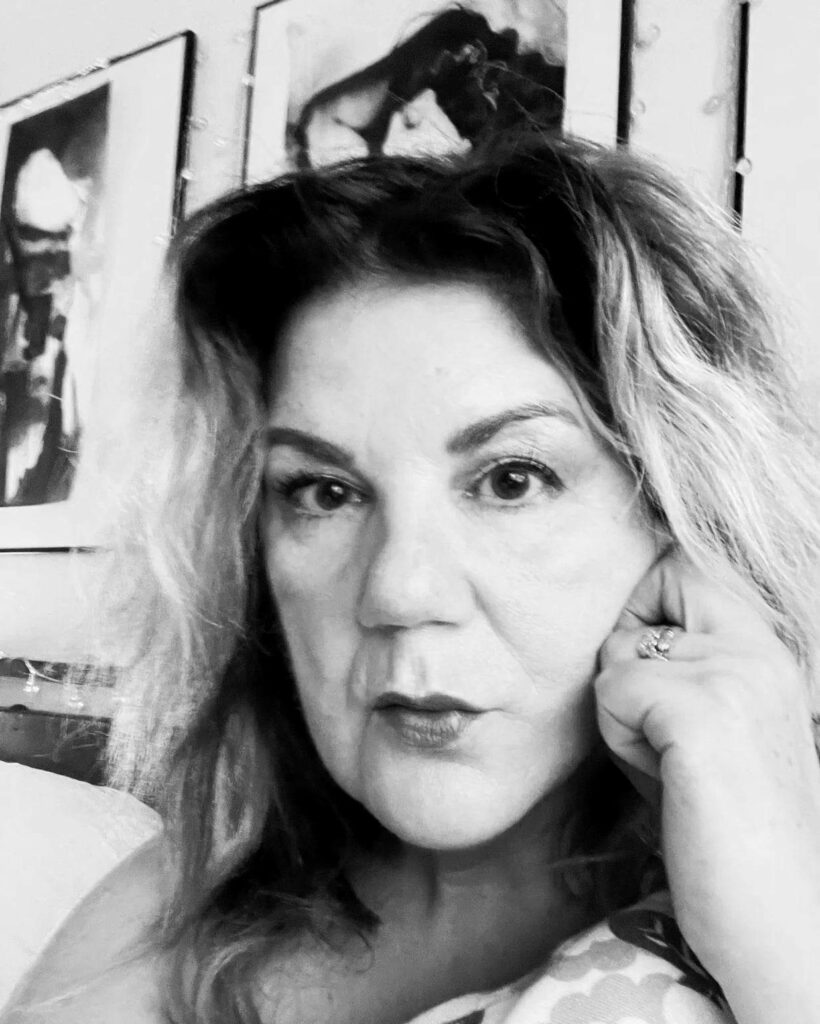
-Who is Colette Standish?
I am an English painter, filmmaker, and photographer based in San Francisco.
Although a multi–disciplinary artist, I am fundamentally a painter with a painter’s sensibility that extends to other mediums depending on what I am working on. But I always come back to painting. I received my painting degree at St Martins School of Art in London and went on to exhibit extensively throughout Europe and the US. I then returned to school to do my MFA in Studio Art and Film at the San Francisco Art Institute. Over time I have worked with many bands and musicians as a photographer and a cinematographer. I also contribute frequently to, A Cafe in Space: Anais, a Literary Journal, an annual journal based on the writer Anais Nin. My poem,”A Letter,” published in volume 8, was made into a music video entitled, I Was in Love… Still Am, by the avant-garde collective EPI based in Manchester, UK, and Florence, Italy. Last year I completed a semi–autobiographical film called Viaggio: A Journey, and where it is now gathering momentum around the festivals in Europe. My film has been awarded Best Experimental film by the Naples Film Festival, Paris Film Festival, and the New York Neo-Realism Festival. I am currently working on a film project based on the silencing of women’s voices.
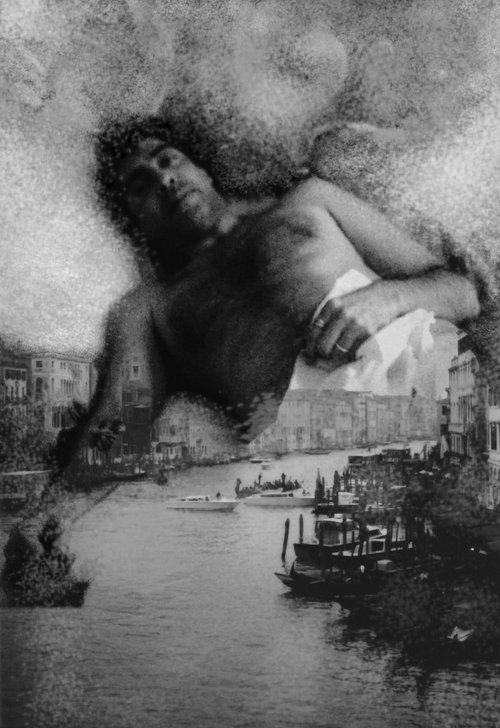
–What inspired you to become a photographer, painter and experimental filmmaker?
As a painter, I was significantly influenced by artists who extended their vision into films, such as the Surrealists and Jean Cocteau. I was also Influenced by the transgressive and erotic prose of Anais Nin, which lends itself to film. But it was the films of Philip Kaufman, notably, The Unbearable Lightness of Being and Henry and June, that inspired me towards film, and after seeing Blue Velvet by David Lynch, I bought my first camera. Last but by no means least, the most important – my mother, who painted, drew, and wrote every day of her life. An early feminist that communicated and installed in me the importance of women’s rights from an early age. Thanks, mum!
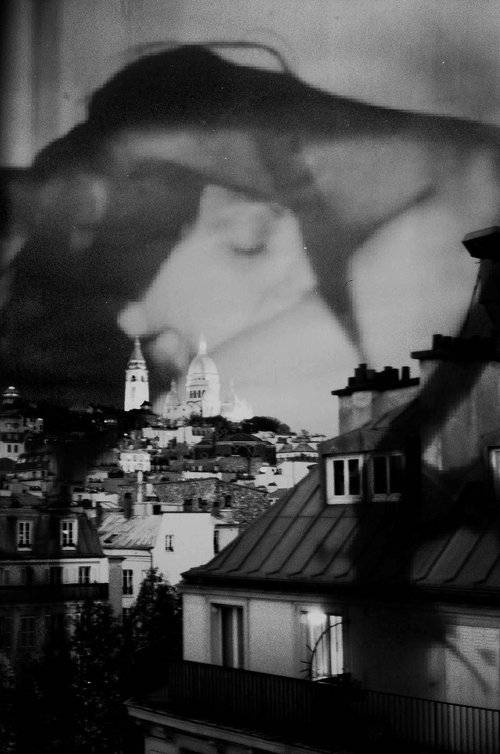
-Do you think the cinema can bring a change in the society?
Yes completely. Film is art reflecting back on society, good and bad, but always open to interpretation, and cinema is the tool, the mirror that holds it up. But it is also a place to dream. Ask anyone who has sat in a dark auditorium in anticipation and excitement about a film they are about to experience. There is this magical belief that anything can happen, and for that limited amount of time, you get pulled into a world where everything is possible.
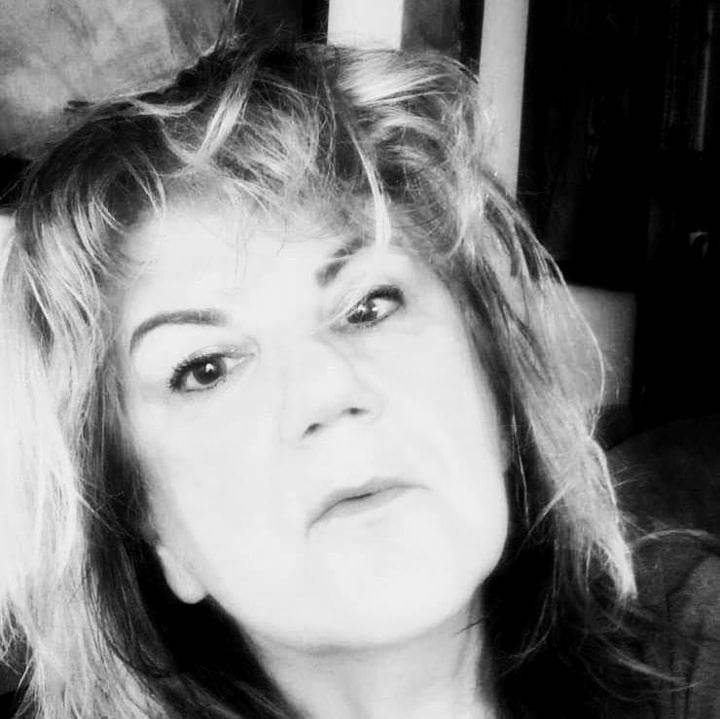
-What would you change in the world?
It would be easy to say more peace love and understanding, but I believe the world and nature tell us what it needs at specific times. As humans we are too absorbed in living and existing, and I mean that with all good intentions. At times we are either too sensitive or not sensitive enough depending on cause and survival. We still have a lot to learn, and I believe that nature and the world will still be around in some form or another after humankind has gone. So, I wouldn’t really know what to change in the world, but to humankind, I would say slow down, be a filmmaker or an artist and enjoy the time you have here because the world is a pretty cool place.
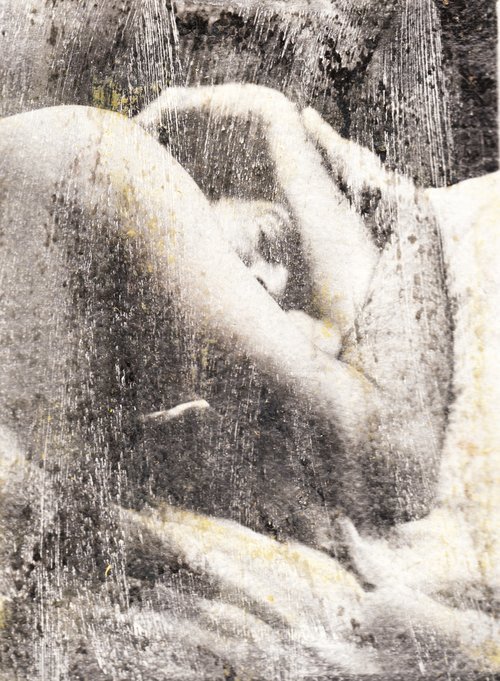
-Where do you see the film industry going in the next 100 years?
I see films being more interactive with their audience. For example, audiences will have the option of playing alongside holograms of actors. Reality and fantasy become intertwined. There will be no central film industry it will all be independent. Everyone will have their 15 seconds of fame at a push of a button or a click on a screen. Who knows, but my imagination is having a lot of fun thinking about it.

